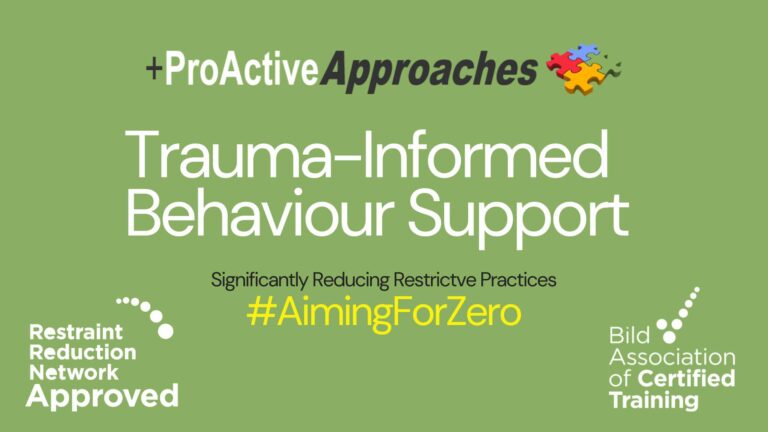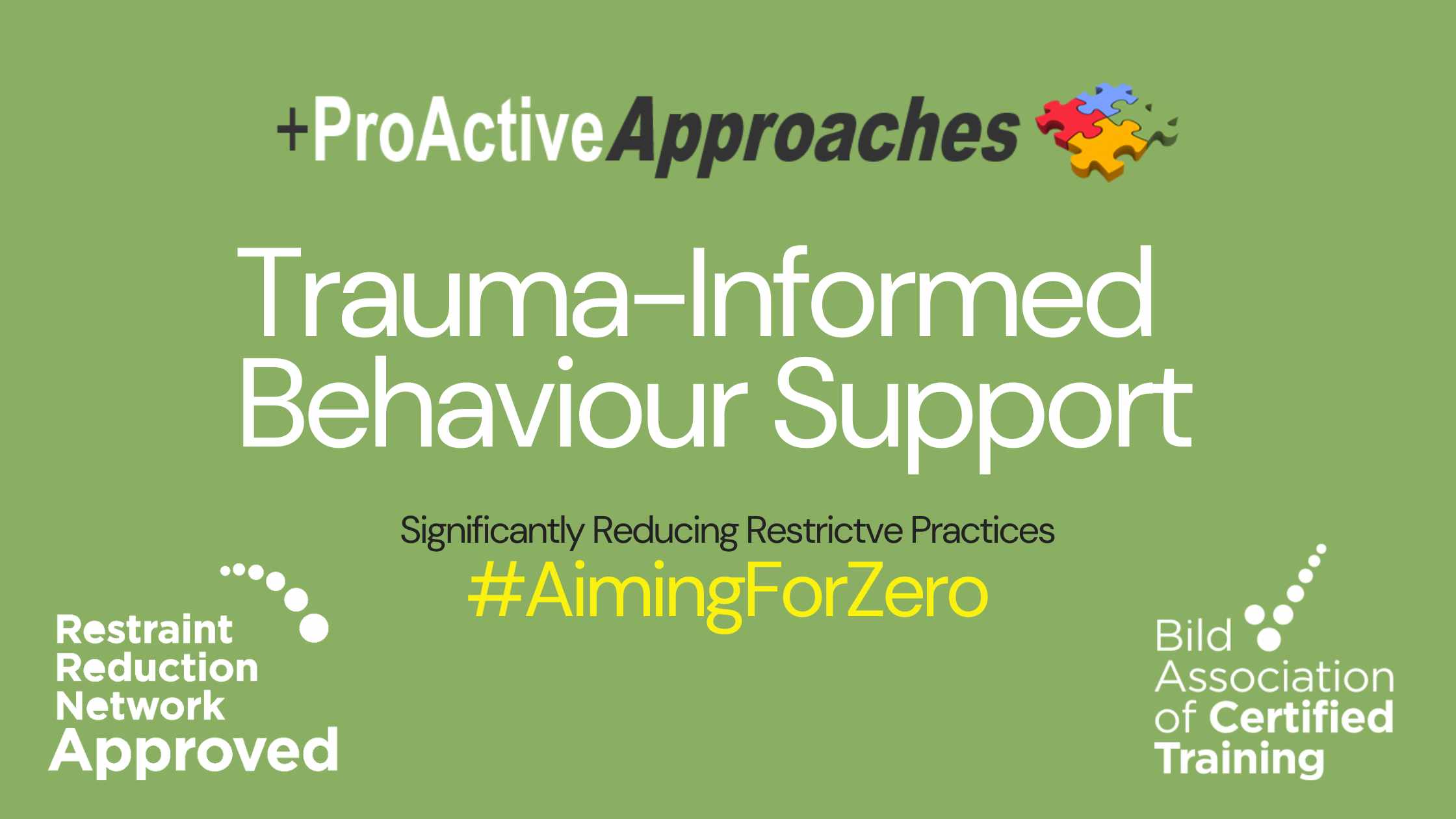Welcome to “The Guide to Effective Positive Behaviour Support Training: Creating Lasting Change.” In this article, we will explore the benefits and importance of positive behaviour support training and how it can create a lasting impact on individuals and communities.
Positive behaviour support training is a proactive and person-centred approach that focuses on understanding and addressing the underlying causes of challenging behaviours. By equipping individuals with the necessary skills and strategies, positive behaviour support can foster a supportive and inclusive environment that promotes desirable behaviours and reduces the occurrence of problem behaviours.
Through this guide, we will delve into the key components of effective positive behaviour support training, including assessment and analysis, intervention strategies, and implementation techniques. We will also provide practical tips and real-life examples to help you apply these strategies in various settings, such as schools, workplaces, and homes.
Whether you are a parent, teacher, caregiver, or professional in the field, this guide will serve as a valuable resource to enhance your knowledge and understanding of positive behaviour support training. So, let’s embark on this journey together and empower ourselves to create lasting change through effective positive behaviour support.
Understanding Positive Behaviour Support (PBS)
Positive Behaviour Support (PBS) is an evidence-based approach that aims to improve the quality of life for individuals who may display challenging behaviours. It is a person-centred approach that focuses on understanding the underlying causes of challenging behaviours and implementing strategies to support positive change. In this article, we will explore the key principles and components of PBS and its importance in promoting healthy and meaningful lives for individuals.
At the core of PBS is the belief that every individual has a right to be treated with dignity, respect, and equality. It recognizes that challenging behaviours are often a form of communication, and it is essential to understand the underlying needs or reasons behind these behaviours. By identifying and addressing these needs, PBS seeks to reduce or eliminate challenging behaviours and promote the development of adaptive skills. One of the fundamental principles of PBS is proactive intervention. This means taking preventive measures to address potential triggers or situations that may lead to challenging behaviours. Instead of reacting to challenging behaviours after they occur, PBS focuses on anticipating and intervening early to prevent them from happening in the first place.
For example, if a certain environment or task tends to trigger anxiety or frustration for an individual, modifications can be made to reduce stress and promote a more positive experience. Another key aspect of PBS is the emphasis on promoting positive reinforcement. Rather than solely focusing on punishment or consequences for undesired behaviours, PBS encourages the use of positive reinforcement to increase desired behaviours.
This can involve using rewards, praise, or other incentives to motivate and encourage individuals to engage in positive behaviours. By reinforcing positive behaviours, individuals are more likely to repeat them, leading to long-lasting behavioural changes. Collaboration and interdisciplinary teamwork are also integral components of PBS. It recognizes that addressing challenging behaviours requires input from a diverse range of professionals, such as psychologists, educators, therapists, and family members.
By working together, they can develop comprehensive strategies tailored to the individual’s unique needs. Collaboration also ensures that everyone involved is on the same page and working towards a common goal, promoting consistency and continuity of support. A crucial aspect of PBS is the utilization of functional behaviour assessments (FBAs). FBAs involve systematically assessing and analysing the antecedents, behaviours, and consequences associated with challenging behaviours. This comprehensive assessment helps identify patterns, triggers, and underlying causes of the behaviours.
By understanding why certain behaviours occur, more effective interventions and support plans can be developed to address the root causes and facilitate positive change. Once the underlying causes have been identified, PBS focuses on developing individualized support plans. These plans outline strategies and interventions tailored to each individual’s unique needs, strengths, and preferences.
The support plans typically include a variety of proactive strategies, such as visual supports, social stories, choice-making, and skill-building activities. By providing individuals with the tools and strategies they need to succeed, PBS empowers them to develop new skills and cope with challenging situations in a positive and adaptive manner.
Overall, Positive Behaviour Support is a person-centred approach that prioritizes understanding the underlying reasons for challenging behaviours and providing individualized support to promote positive change. It emphasizes proactive intervention, positive reinforcement, collaboration, and assessment to create a supportive environment that enhances quality of life for individuals.
By employing the principles and components of PBS, we can foster healthier relationships, improve social inclusion, and create opportunities for individuals to thrive and reach their full potential.
Key principles of PBS
Positive Behaviour Support (PBS) is guided by several key principles that form the foundation of this person-centred approach. These principles emphasize understanding, proactive intervention, positive reinforcement, collaboration, and evidence-based practices. Let’s explore these principles in more detail:
- Person-centeredness: This principle recognizes the unique qualities, values, preferences, and needs of each individual. It emphasizes designing support plans and interventions that are tailored to the individual, promoting their autonomy, choice, and dignity.
- Understanding the function of behaviour: PBS aims to understand the underlying reasons behind challenging behaviours. Instead of focusing solely on the behaviours themselves, this principle emphasizes identifying and addressing the specific factors that trigger or maintain the behaviours. By understanding the function of behaviour, effective strategies can be implemented to meet the individual’s needs, reducing the occurrence of challenging behaviours.
- Proactive intervention: Rather than simply reacting to challenging behaviours after they occur, PBS focuses on preventive measures and proactive interventions. This principle involves anticipating and addressing potential triggers or situations that may lead to challenging behaviours. By modifying the environment, providing appropriate supports, and teaching alternative skills, individuals can have a more positive experience and reduce the likelihood of challenging behaviours.
- Positive reinforcement: PBS prioritizes the use of positive reinforcement to strengthen desired behaviours. This principle involves using rewards, praise, or other incentives to motivate and encourage individuals to engage in positive behaviours. By reinforcing positive behaviours, individuals are more likely to repeat them, leading to long-term behavioural changes.
- Collaboration and interdisciplinary teamwork: Since addressing challenging behaviours requires a multifaceted approach, collaboration among professionals is essential. This principle emphasizes involving various stakeholders such as psychologists, educators, therapists, support workers, family members, and the individual themselves. Collaborative teamwork ensures comprehensive assessments, consistent support, and coordinated efforts towards achieving positive outcomes.
- Evidence-based practices: PBS is grounded in research and evidence-based practices. This principle emphasizes using interventions, strategies and supports that have been proven effective through rigorous scientific research. By relying on evidence-based practices, the effectiveness of interventions is increased, leading to better outcomes for individuals.
- Ongoing monitoring and evaluation: PBS recognizes the importance of continuously monitoring and evaluating interventions and support plans. This principle involves regularly reviewing the effectiveness of strategies, tracking progress, and making necessary adjustments to meet changing needs. By monitoring outcomes, professionals can ensure that supports are having the desired effect and make modifications if needed. These key principles provide a framework for implementing Positive Behaviour Support effectively. By following these principles, professionals can develop individualized support plans that address the underlying causes of challenging behaviours, promote positive change, and enhance the quality of life for individuals.
Creating a positive behaviour support plan
Developing a comprehensive and effective Positive Behaviour Support (PBS) plan involves a systematic approach that considers the individual’s needs, preferences, strengths, and challenges. This plan aims to promote positive behaviours, reduce the occurrence of challenging behaviours, and improve the overall quality of life for the individual.
Here are the key steps involved in creating a PBS plan:
- Assessment and understanding: The first step is to conduct a thorough functional assessment to understand the underlying reasons behind the challenging behaviours. This may involve gathering information through interviews, observations, and assessments. The assessment should focus on identifying triggers, antecedents, consequences, and the function(s) the behaviour serves for the individual.
- Setting specific and measurable goals: Once the assessment is complete, specific and measurable goals should be established. These goals should focus on promoting positive behaviours that are meaningful to the individual and are relevant to their daily life. Goals should be realistic, achievable, and aligned with the person’s strengths and abilities.
- Identifying strategies and interventions: Based on the assessment and goals, a range of strategies and interventions should be identified. These strategies aim to prevent the occurrence of challenging behaviours, teach alternative skills, and support the individual in managing their emotions and behaviours effectively. Strategies may include environmental modifications, visual supports, social stories, communication techniques, self-regulation strategies, and skill-building activities.
- Positive reinforcement: Incorporating positive reinforcement is a crucial aspect of a PBS plan. It involves identifying and utilizing rewards, praise, or other incentives to strengthen desired behaviours. Reinforcement should be tailored to the individual’s preferences and motivations, ensuring it is effective in promoting positive change. Consistency is key when providing positive reinforcement to reinforce positive behaviours consistently.
- Collaboration and teamwork: Developing a successful PBS plan requires collaboration among various stakeholders. This includes professionals such as psychologists, educators, therapists, support workers, family members, and the individual themselves. Collaborative teamwork ensures a comprehensive understanding of the individual’s needs, consistent implementation of strategies, and shared decision-making.
- Implementation and monitoring: Once the plan is developed, it should be implemented consistently across different environments and by all involved stakeholders. It is important to monitor the effectiveness of the interventions and make adjustments as needed. Regular data collection and review allow professionals to track progress, identify trends, and make informed decisions regarding the plan’s effectiveness.
- Crisis prevention and management: A PBS plan should also include strategies for crisis prevention and management. This involves identifying early warning signs of escalation, utilizing de-escalation techniques, and determining procedures for responding to challenging behaviours. Crisis prevention plans aim to ensure the safety and well-being of the individual and those around them during challenging situations.
- Regular review and revision: Finally, it is crucial to regularly review and revise the PBS plan as the individual’s needs may change over time. Ongoing monitoring, feedback from stakeholders, and data analysis help identify the effectiveness of strategies and inform necessary modifications to facilitate continuous improvement. Creating a positive behaviour support plan requires a collaborative and person-centred approach that considers the unique needs and circumstances of the individual. By following these steps and incorporating evidence-based practices, professionals can develop a tailored plan that promotes positive change, reduces challenging behaviours, and enhances the individual’s quality of life.
Evaluating the effectiveness of PBS interventions
Evaluating the effectiveness of Positive Behaviour Support (PBS) interventions is a crucial step in ensuring that the plan is meeting its intended goals and making a positive impact on the individual’s behaviour and quality of life. Here are some key considerations and methods for evaluating the effectiveness of PBS interventions:
- Clearly defined and measurable goals: To evaluate the effectiveness of PBS interventions, it is important to have clearly defined and measurable goals in place from the beginning. These goals should be specific, observable, and achievable, allowing for objective assessment of progress.
- Data collection: Collecting data is an essential component of evaluating the effectiveness of PBS interventions. This can involve various methods such as direct observation, structured assessments, behaviour-tracking tools, and self-report measures. The data collected should be relevant to the specific behaviours targeted by the interventions and provide meaningful information about the individual’s progress over time.
- Baseline measurements: To establish a baseline, initial data should be collected before implementing the PBS interventions. This baseline measurement serves as a comparison point for evaluating progress and determining the effectiveness of the interventions. By comparing data collected during intervention implementation with baseline data, it becomes possible to determine if there has been a positive change in behaviour.
- Quantitative analysis: Quantitative analysis involves analysing numerical data to identify patterns, trends, and statistical significance. This analysis can help determine whether there has been a significant reduction in challenging behaviours or an increase in desired behaviours. Common statistical methods such as mean comparisons, t-tests, chi-square tests, and regression analyses can be used to examine the effects of the interventions quantitatively.
- Qualitative analysis: In addition to quantitative analysis, qualitative analysis plays a valuable role in evaluating the effectiveness of PBS interventions. Gathering qualitative feedback from individuals, caregivers, and support staff can provide valuable insights into subjective experiences, perceptions, and changes in well-being. Interviews, surveys, and subjective ratings scales can be used to collect this qualitative data, which can offer a deeper understanding of the impact of the interventions beyond just numerical measurements.
- Ongoing monitoring and review: Evaluation of PBS interventions should be an ongoing process rather than a one-time event. Regular monitoring and review allow for timely adjustments and modifications to the plan if needed. Monitoring progress over time facilitates a better understanding of the long-term impact of the interventions and helps ensure that they remain effective as the individual’s needs evolve.
- Collaborative approach: Evaluating the effectiveness of PBS interventions is most effective when it involves collaboration among stakeholders. This includes professionals, caregivers, and the individuals themselves. Regular communication, sharing of information, and seeking feedback from all parties involved can provide a comprehensive and holistic evaluation of the interventions.
- Continuous improvement: The evaluation process should not only focus on determining the success or failure of PBS interventions but also on continuous improvement. Identifying areas of success, as well as areas that may require further refinement or new strategies, allows for ongoing learning and enhancement of the support plan. By employing these evaluation methods in assessing the effectiveness of PBS interventions, professionals and caregivers can gain insights into whether the interventions are producing positive outcomes and ultimately promote the individual’s well-being and behaviour change.





